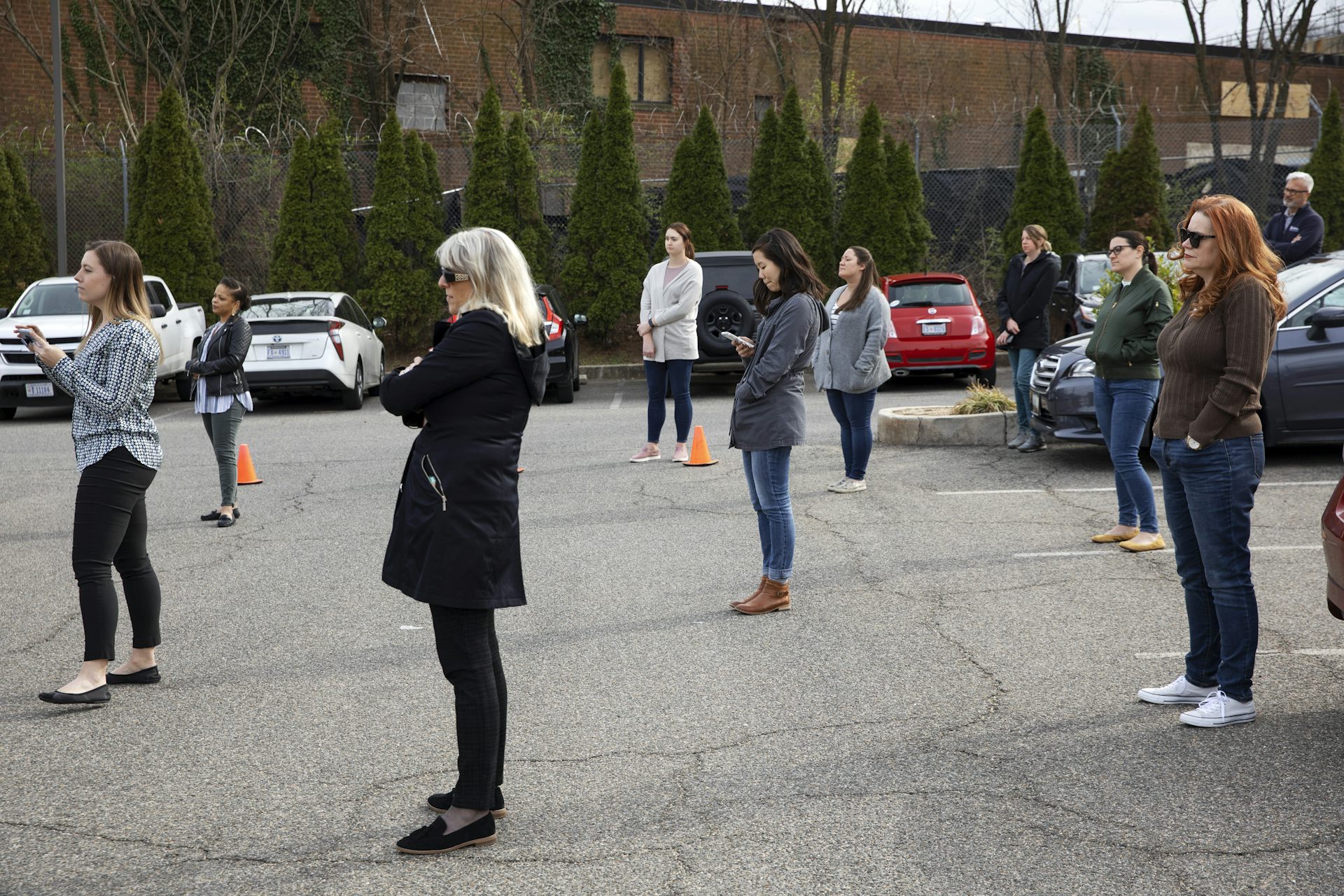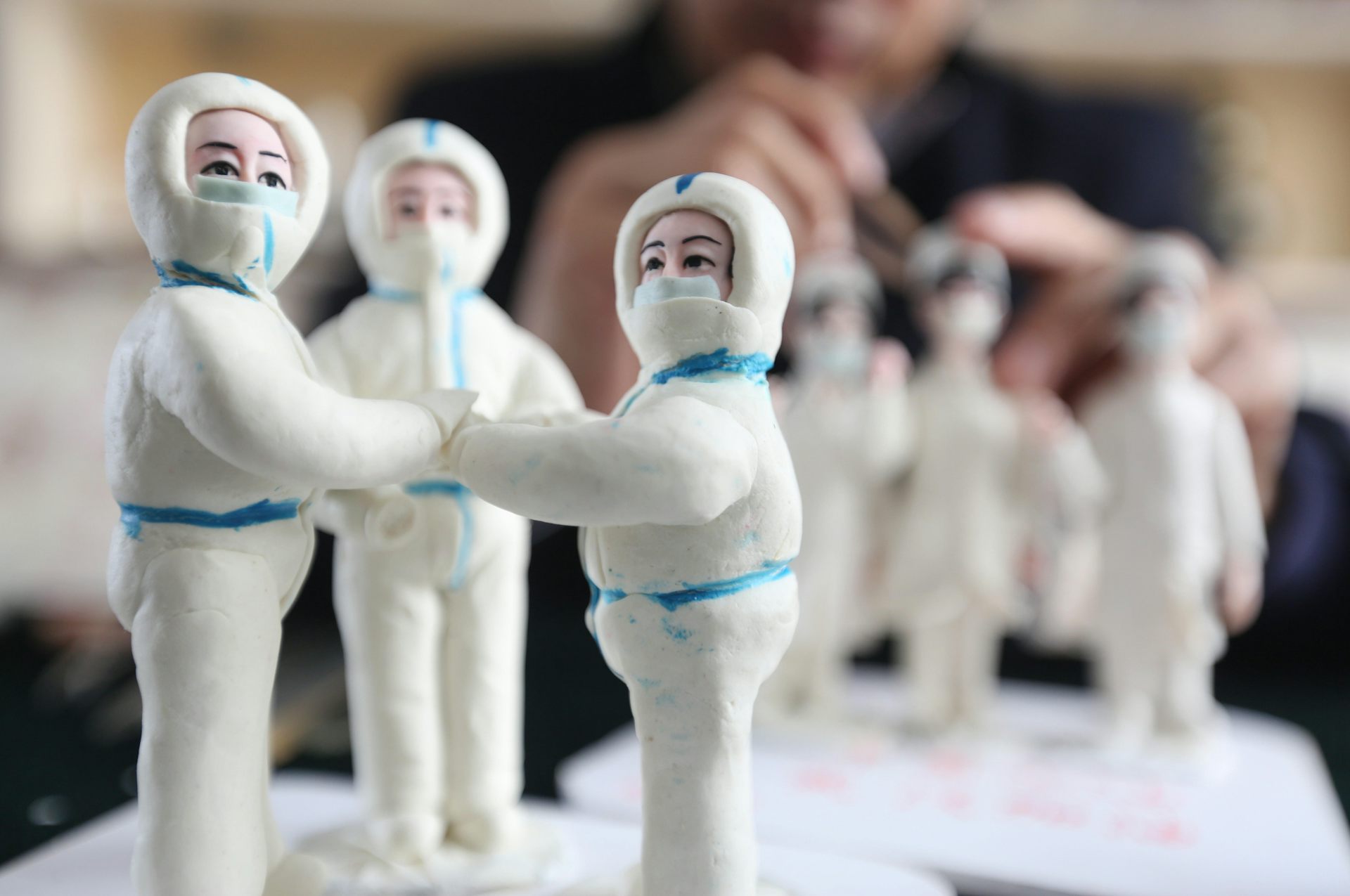Russian researchers from the Moscow Institute of Physics and Technology, Kurnakov Institute of General and Inorganic Chemistry of RAS, and Russia’s famed Tretyakov Gallery have conducted a comprehensive preconservation study of “The Portrait of F.P. Makerovsky in a Masquerade Costume” (1789) by the Russian painter Dmitry Levitsky. The paper was published in the journal Heritage Science....
Author: sp (sp )
Aboriginal Scars from Frontier Wars
Hundreds of Aboriginal men who became native mounted police in colonial Australia carried a significant burden of responsibility for law and order for white settlers in Queensland and other settlements. A long-running ARC-funded archaeology project has turned the lens on the recruitment to the Queensland Native Mounted Police and their part in the violent ‘frontier...
Professor Seeks Independent Agency to Tackle Abuse in Elite Youth Sport
An independent investigative as well as an international offender database are needed to tackle allegations of abuse in elite youth sport properly, urges a McMaster University expert, in an editorial published online in the British Journal of Sports Medicine. Much is being done to protect young athletes, but “there are still significant gaps,” says Margo Mountjoy,...
How People Investigate — or Don’t — Fake News on Twitter and Facebook
Social media platforms, such as Facebook and Twitter, provide people with a lot of information, but it’s getting harder and harder to tell what’s real and what’s not. Researchers at the University of Washington wanted to know how people investigated potentially suspicious posts on their own feeds. The team watched 25 participants scroll through their...
Migrants at US-Mexico Border Must Get Past Cartels Before Their Long Journey Ends
Every train car in “La Bestia” – The Beast – is a world unto itself, with all the good and evil that entails. Ariel saw the worst of this world when he witnessed, helplessly, as eight people raped one of his fellow train passengers, a young girl, in July 2019. Ariel – not his real...
The Digital Divide Leaves Millions at a Disadvantage During the Coronavirus Pandemic
Amidst the flurry of social media updates about the COVID-19 pandemic, a chart illustrating the importance of flattening the curve has gone viral. The idea is that taking measures to slow the spread of COVID-19 lowers the chances of overwhelming hospitals and increases the chances that all of those who become ill will have access...
Coronavirus Reminds Americans That Pursuit of Happiness Is Tied to the Collective Good
At its core, the United States Declaration of Independence argues that all human beings have “unalienable rights.” These include right to “Life, Liberty and the pursuit of Happiness.” These rights apply to all human beings, and cannot be given away. What is more, the Declaration says that “to secure these rights, Governments are instituted among...
How Chinese People Came Together When Separated by Quarantine, Creating Hope, Humor and Art
Fear and blame appear to be fast becoming Americans’ defining emotions around COVID-19. Headlines seem to offer either worst-case estimates or government leaders’ mutual accusations. Amid the bewildering figures and contradictory political narratives, it is important to recall that numbers and governments are abstractions – whereas people actually live with and through disease. By fixating...
COVID-19: The Immune System Can Fight Back
Melbourne researchers have mapped immune responses from one of Australia’s first novel coronavirus (COVID-19) patients, showing the body’s ability to fight the virus and recover from the infection. Researchers at the Peter Doherty Institute for Infection and Immunity (Doherty Institute) – a joint venture between the University of Melbourne and the Royal Melbourne hospital –...
Ships, Planes, Trains, Scooters All Need A Virus Wipe. But What Does A ‘Deep Clean’ Mean?
The Diamond Princess cruise ship. A Georgetown church in Washington, D.C. A Latin American restaurant in Raleigh, North Carolina. A hotel in Oklahoma City. Two Broadway theaters in New York City. All announced that they’ve undergone a “deep clean” in recent weeks after discovering that a person infected with the novel coronavirus had been there....









